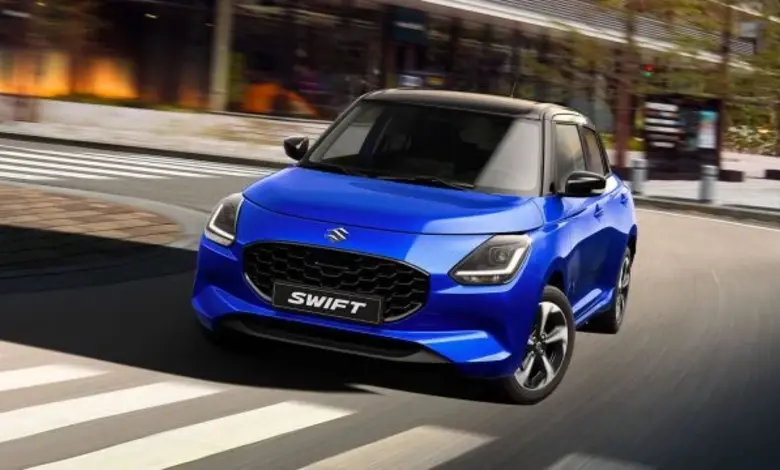China’s Rare Earth Export Curbs Halt Suzuki Swift Production

China’s restrictions on rare earth materials, effective from April 4, 2025, have disrupted global automotive supply chains, with Suzuki Motor Corporation becoming the first Japanese automaker to feel the impact. The Hamamatsu-based company suspended production of its popular Swift compact hatchback, except for the Swift Sport model, starting May 26, 2025, due to a shortage of critical components. The production halt stems from China’s export controls on rare earth magnets and seven heavy rare earth metals samarium, gadolinium, terbium, dysprosium, lutetium, scandium, and yttrium implemented in retaliation to U.S. tariffs.
Suzuki initially planned to resume production earlier but faced repeated delays. The company now anticipates a partial restart at its Sagara plant on June 13, 2025, with full operations expected to resume after June 16, as the supply outlook for parts has improved, Suzuki stated. These restrictions highlight China’s dominance in the rare earth sector, producing about 70% of the world’s rare earth metals in 2023 and 90% of rare earth magnets, per industry reports.
Japan has made strides in reviving its mineral processing industry through government initiatives, reducing its reliance on Chinese exports. However, countries like the U.S. and India remain heavily dependent on China for these materials. China’s earlier bans on exports of gallium, germanium, antimony, and other high-tech materials to the U.S. further complicate global supply chains. It remains uncertain whether recent U.S.-China trade talks will ease these restrictions.
